War in Ukraine to take centre stage at UN Human Rights Council
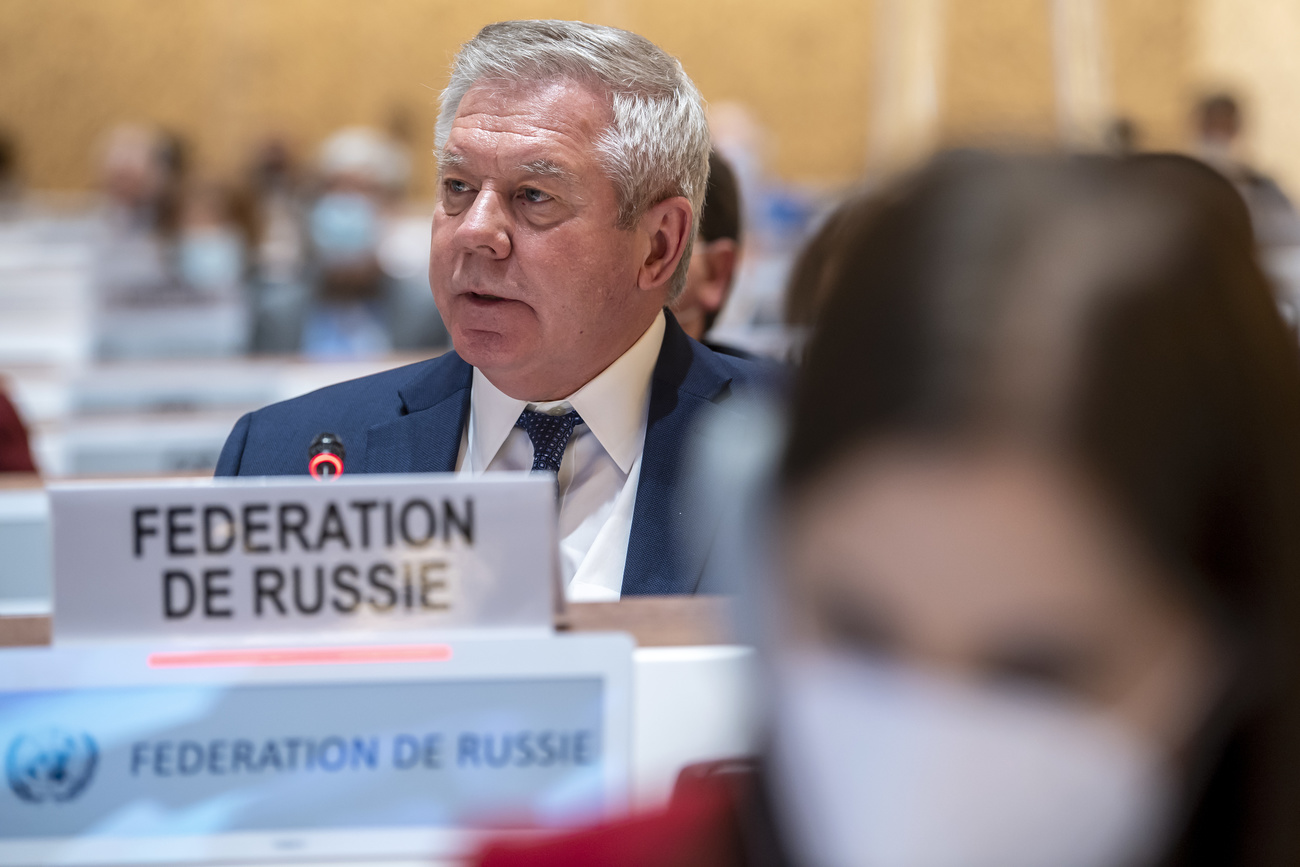
The United Nations Human Rights Council convenes in Geneva from Monday until April 4 for what should be a record session, both in terms of length and attendance. The agenda is packed, but one year on, the war in Ukraine will draw much attention.
One of the highlights of this session could be a commission of inquiry report on Ukraine, whose chairman already said in September it had evidence that “war crimes have been committed”. The council will decide whether to extend the mandate of three independent commission experts, and may decide to put forward another resolution to follow up on its findings. A special rapporteur on the situation of human rights in the Russia Federation will also be appointed.
The UN General Assembly’s decision last Thursday to condemn once again Russia’s invasion of Ukraine will likely set the tone for statements at the rights council. The 193 members of the New York-based General Assembly overwhelmingly voted for Moscow to withdraw its troops from Ukraine (141 in favour, 32 abstentions, and 7 against). The decision only carries moral weight, however. In March 2022, 141 countries voted to condemn the invasion, while 35 abstained and 5 voted against.
About 100 dignitaries, including foreign ministers, are expected to travel to Geneva for the first four days of the rights council session, known as the high-level segment. It is a major event in the multilateral diplomacy calendar.
>>> Watch our video explainer about how the UN Human Rights Council works:
Polarised world
“My wish as president of the council is to avoid its polarisation and to steer debates towards results,” Václav Bálek, the 2023 Human Rights Council president who comes from the Czech Republic, told journalists last Wednesday.
In a tense geopolitical context, debates are likely to be heated. As the Universal Declaration of Human Rights turns 75, there is a growing debate about the legitimacy of its universal character. There is also a widening gap between mainly Western countries that stress the importance of talks on “country situations”, where a member’s human rights record is reviewed, and other countries – led by China – that prefer “constructive dialogue” and oppose such interventions.
However, Bálek, who was elected the new council president on December 9, says the unprecedented length and expected record attendance of the upcoming session is “proof of the value of the council’s work” and its “ability to deliver”.
This will also be the first council session for the new UN High Commissioner for Human Rights, Volker Türk. Many observers will watch his speech for any mention of his office’s August 2022 report on possible crimes against humanity by China against its Uyghur Muslim minority in Xinjiang province. The report was published minutes before his predecessor, Michelle Bachelet, left office. Member states refused to discuss it at the council’s last session in October.
+ Listen to our exclusive interview with Volker Türk on the Inside Geneva podcast
Other issues
But these are by no means the only issues to be discussed during this session. The council will also consider important reports on Afghanistan, Iran, Myanmar, South Sudan and Syria, among other countries. It will examine human rights issues such as climate change, children rights, indigenous rights and digital privacy.
There will also be the first report from a commission of human rights experts on Ethiopia, which is emerging from a brutal conflict that has been somewhat overshadowed by Ukraine. The Ethiopian government, which signed a peace agreement with its northern Tigray province in November, is promising justice for atrocities committed during that war, but has so far refused to let the UN experts into the country. Will there be a move to put pressure on the Ethiopian government? Or could certain countries move to end the commission’s mandate?
Switzerland is currently sponsoring two resolutions – one on the right to a clean, healthy, and sustainable environment, and another linked to drugs policies that respect human rights. This council session will also be special for Switzerland which, since the beginning of the year, has a non-permanent seat on the UN Security Council for the first time. It is not currently one of the 47 member states of the Human Rights Council but will work as an associate member to push its policy of peace promotion, protecting civilians in conflict zones, and climate security.
With input from Julia Crawford, edited by Virginie Mangin

In compliance with the JTI standards
More: SWI swissinfo.ch certified by the Journalism Trust Initiative










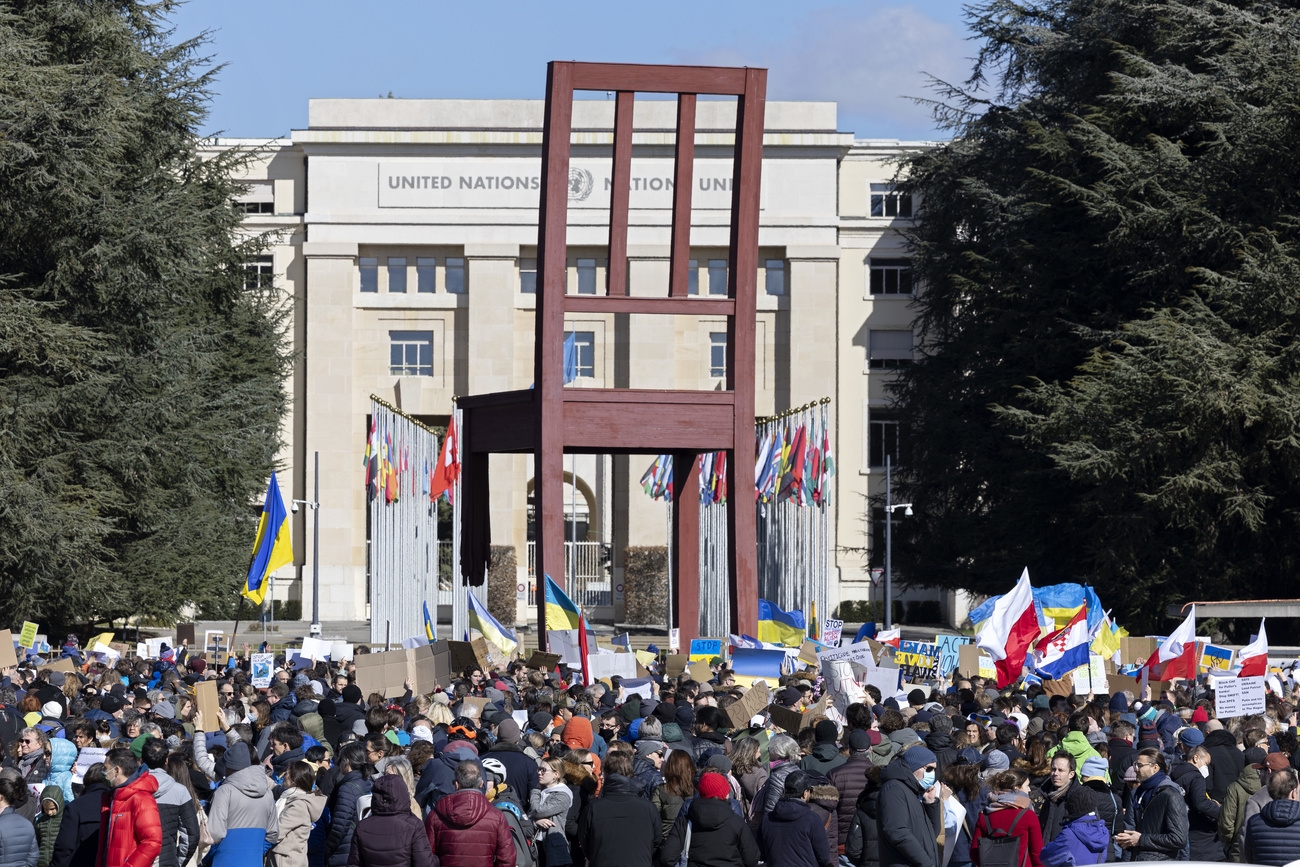
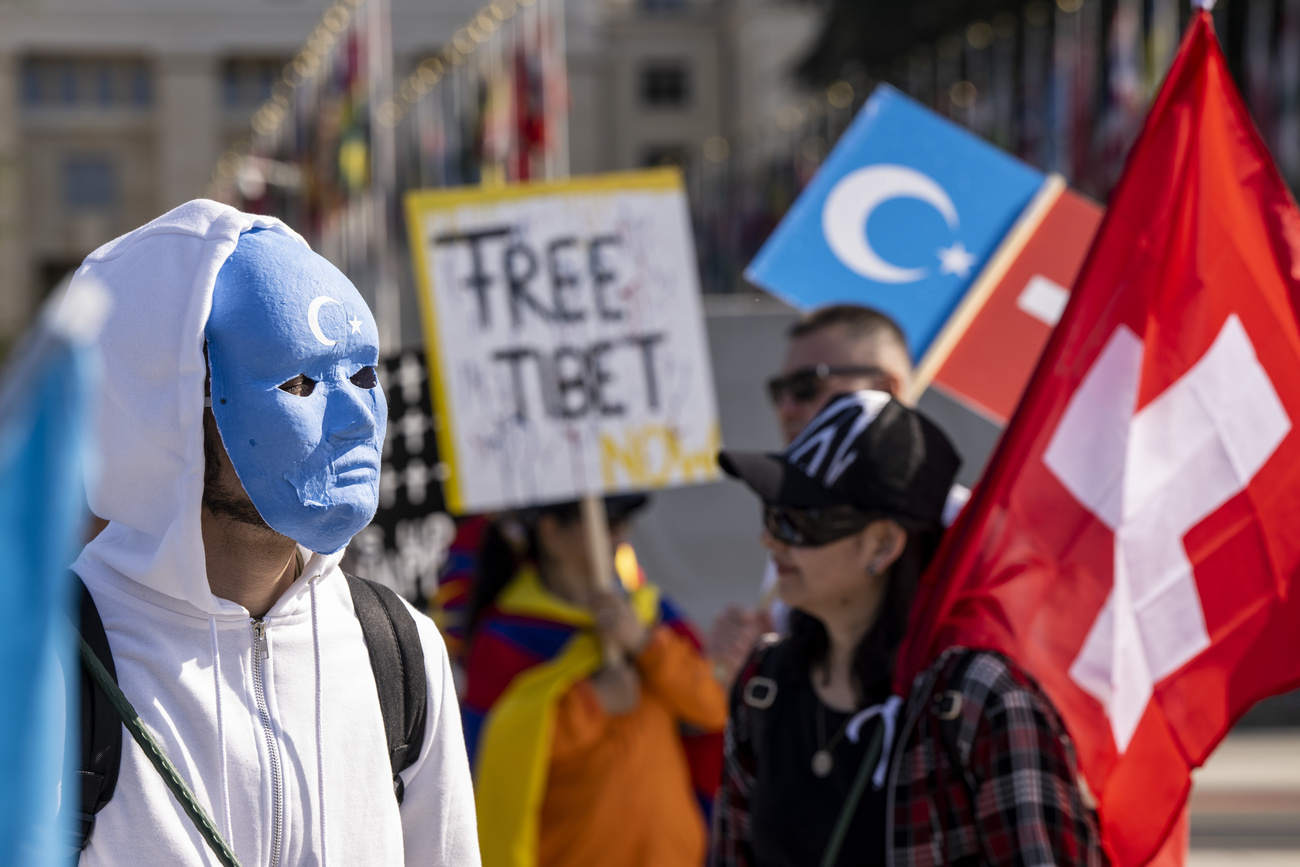
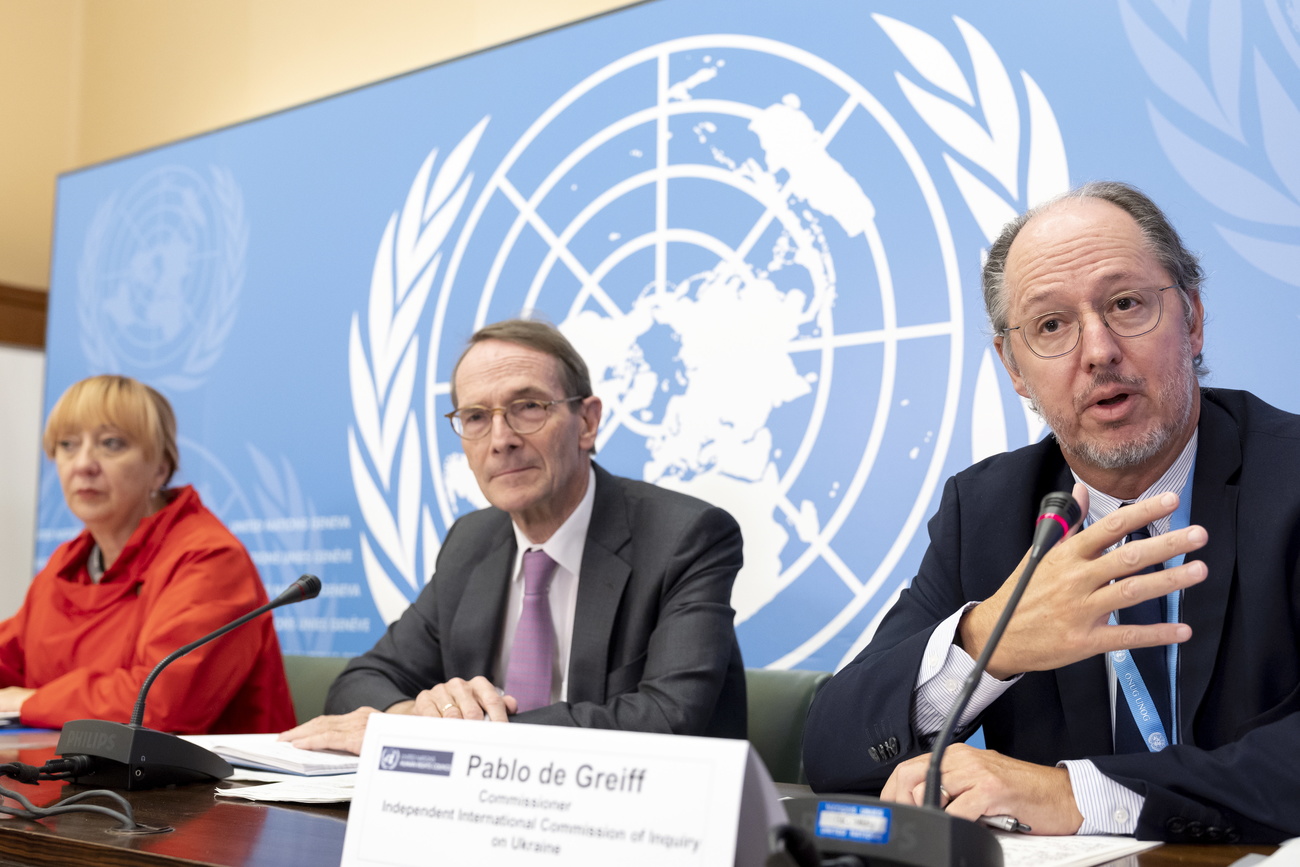
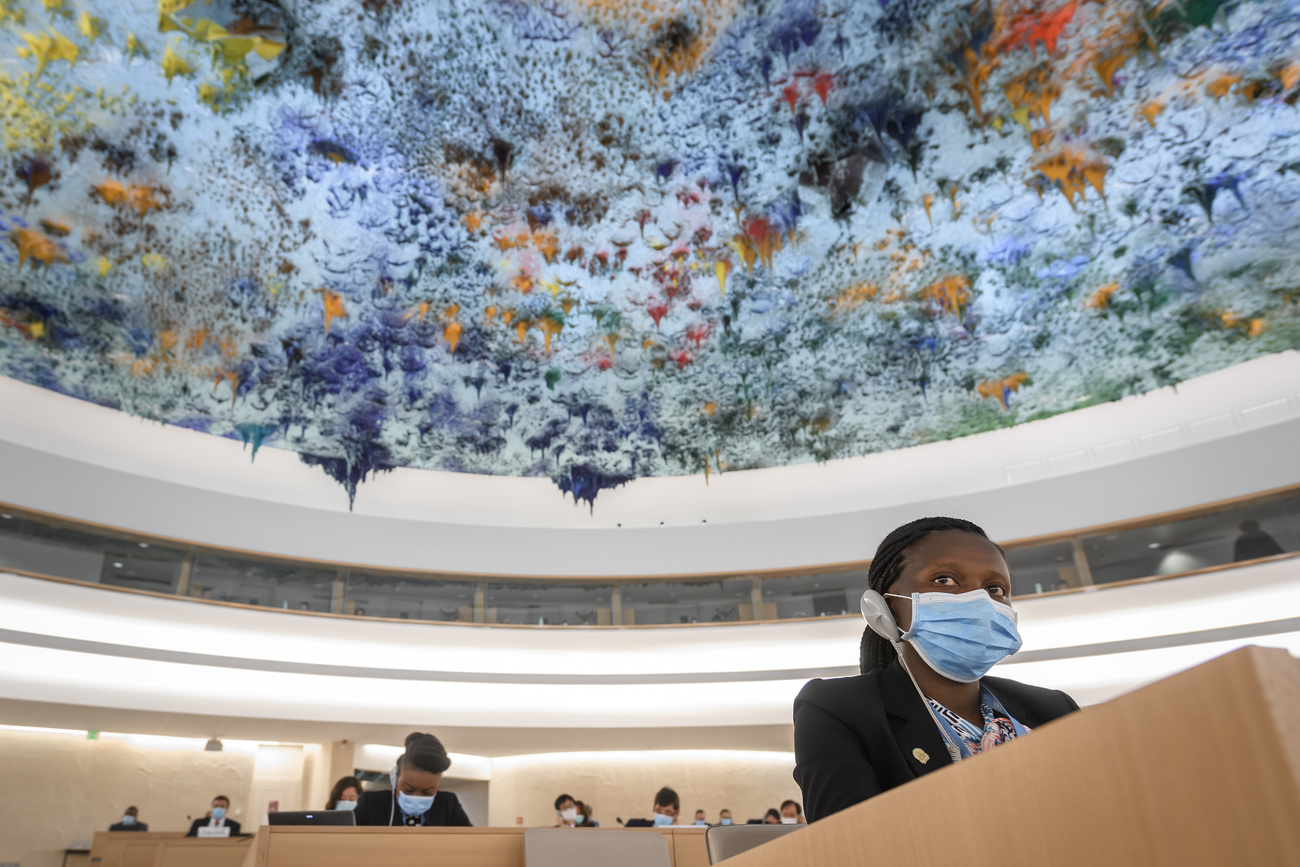
You can find an overview of ongoing debates with our journalists here . Please join us!
If you want to start a conversation about a topic raised in this article or want to report factual errors, email us at english@swissinfo.ch.